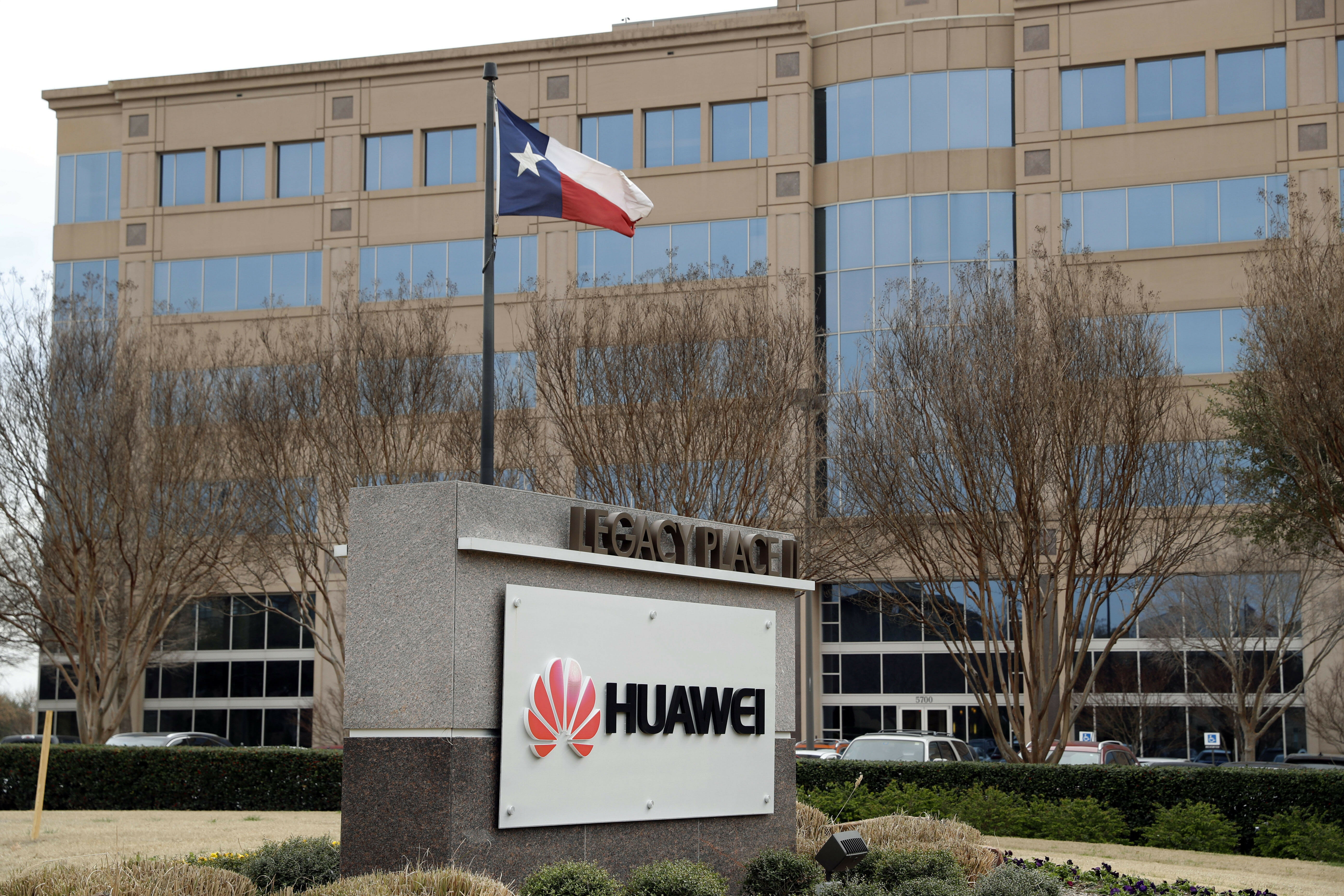
Huawei pleads not guilty in US court in Iran sanctions case
NEW YORK (AP) — The Chinese electronics giant Huawei pleaded not guilty on Thursday to charges accusing it of plotting to violate Iran trade sanctions, a case that has complicated the China-U.S. trade dispute and cast a harsh light on the daughter of the company’s founder.
Lawyers for the No. 2 smartphone maker entered the plea in federal court in Brooklyn. It came two weeks after Huawei pleaded not guilty to separate federal charges filed in Seattle accusing the company of stealing technology from T-Mobile.
Both cases have heightened tensions over U.S accusations that China is using predatory tactics to turn Chinese companies into leaders in tech fields such as communications, robotics and electric vehicles.
If convicted, Huawei could face fines, forfeiture and other financial penalties.
The hearing Thursday lasted only a few minutes, and the lawyers left court without speaking to reporters.
U.S. authorities announced the Brooklyn indictment in late January. It charges the company and two affiliates with bank fraud, conspiracy to violate sanctions, conspiracy to commit money laundering and other counts.
Prosecutors allege Meng Wanzhou, daughter of Huawei’s founder, was in on the scheme in her role as chief financial officer. She made a presentation in 2013 to a banking executive in which she “repeatedly lied” about the relationship Huawei and a shadowy Iranian company called Skycom, prosecutors said.
Wanzhou was arrested in Canada and is awaiting extradition to the United States. She denies the allegations.
Skycom is also named in the indictment. But it was not represented at Thursday’s arraignment, prompting U.S. Magistrate Judge Ramon Reyes to ask prosecutors, “What’s the deal with Skycom?” Assistant U.S. Attorney David Kessler said the U.S. government was still trying to make contact with the company.
In the Seattle case, prosecutors accuse Huawei of engaging in a scheme to steal the technology behind a robotic device that Bellevue, Washington-based T-Mobile used to test smartphones, according to the charges.
Prosecutors say one Huawei worker even removed the robot’s arm from T-Mobile’s lab, took detailed measurements and photos of it, and then sent the information about it to China. The company says the worker acted independently and was later fired.
The Western Journal has not reviewed this Associated Press story prior to publication. Therefore, it may contain editorial bias or may in some other way not meet our normal editorial standards. It is provided to our readers as a service from The Western Journal.
Truth and Accuracy
We are committed to truth and accuracy in all of our journalism. Read our editorial standards.
Advertise with The Western Journal and reach millions of highly engaged readers, while supporting our work. Advertise Today.












